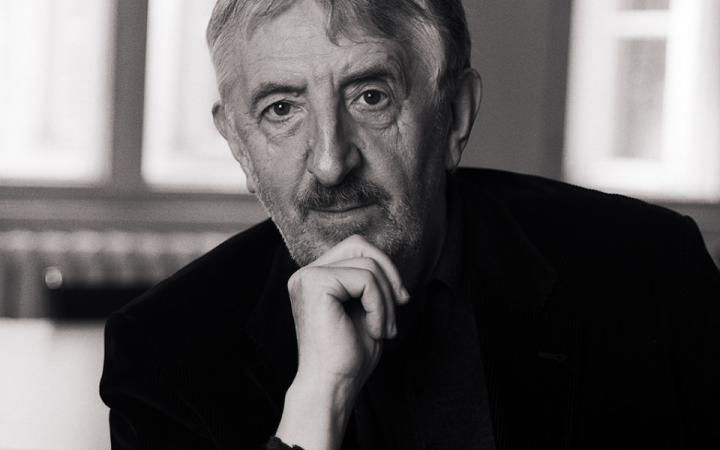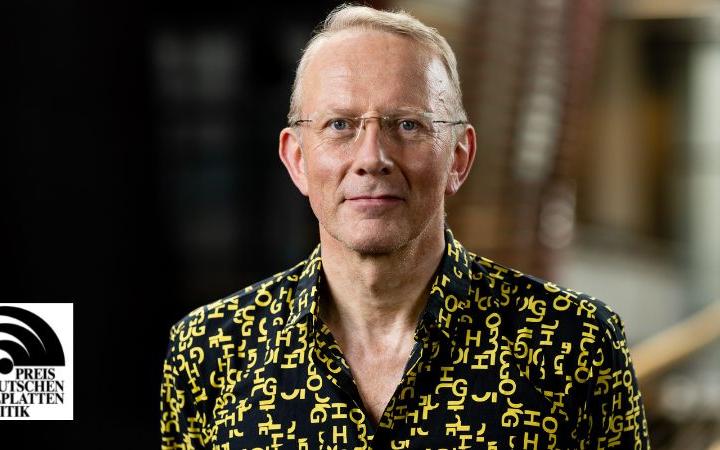Teatro Valle Faces Closure
2014-07-11
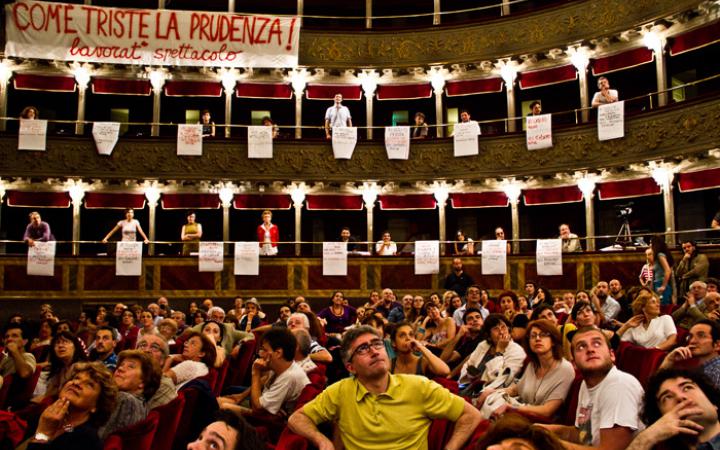
The democratically organized theater, from the start a self-financed enterprise, has been summoned to vacate the historical theater building three years after having occupied it.
All Teatro Valle’s functions are free and supported by voluntary donations. The almost 6000 member “Fondazione Teatro Valle Bene Comune” of the private “Stiftung Teatro Valle gemeinsames Gut”, comprised of theater-makers and citizens of the city has been committed to the preservation of democratically-organized theater for the foregoing three years. Among Roman theater-goers it has thus been acclaimed as being one of the most interesting stages in the Italian capital.
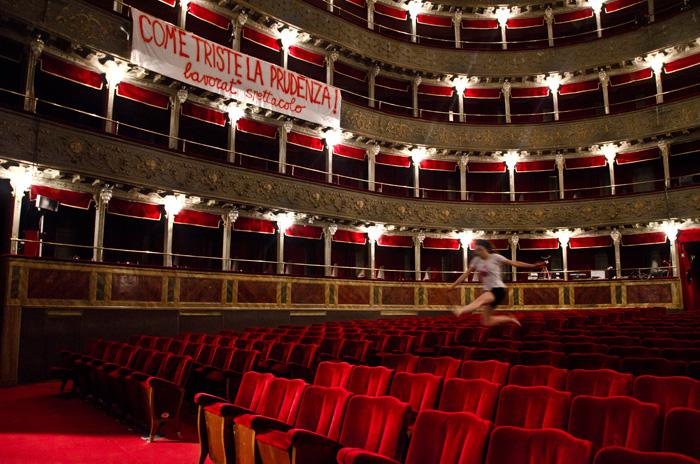
The commons “Italian Style” must continue their experimentation!
An International call to protect the Teatro Valle Foundation from Eviction.
Text by Ugo Mattei, Professor at The University of California, Hastings and Università di Torino
Since June 14 2011, a community of artists and militants has transformed the Teatro Valle, the oldest and most prestigious in Rome, then at high risk of privatization, into the “Teatro Valle Occupato”, one of the most advanced experiments of merger between political struggle and performing arts in the current world. A trust-like legal entity, the “Fondazione Teatro Valle Bene Comune” was created in the interest of future generations, with a membership of almost 6.000 people by a genuinely new process of cooperation between some well-known jurists and the Assembly of the occupants. While a notary has recognized the Foundation, the Prefect of Rome has denied its moral personality on the assumption that possession was not a sufficient title on the Valle premises.
Nevertheless, in three years the occupation, though formally never authorized, has succeeded in becoming a new institution of the commons, studied by scholars worldwide and the object of many publications. Because no authority in Rome has ever asked the occupants to leave and the municipality has paid the energy bill (roughly 90.000 Euros per year), it would be difficult to deny that the occupation was largely tolerated (even by the previous post-fascist major). Certainly the occupants have taken very good care of the ancient Theater, including paying for small renovations, and have generated three years of exceptionally interesting shows, performances, meeting, educational programs that the population could attend on the basis of a donation system according to the possibilities of each one. The Valle experience has also inspired similar actions to protect theaters and public spaces through Italy; it is promoting a nation-wide experiment of codification of commons institutions involving some twenty of the leading academic lawyers in Italy; it has produced its own shows performed Europe-wide and has attracted to the Valle some of the best-known artists and intellectuals in Europe.
The European Cultural Foundation, among others has granted the prestigious Princess Margritt Award to the Teatro Valle and the ZKM of Karlsruhe has devoted to that experience a stand in a recent major International exhibition on social movements worldwide.
After the European Elections last May, possibly as a consequence of an ill-conceived legalistic stance by the new Government, early negotiations to settle the dispute concerning the title to the Theater have been suddenly terminated as the Assessor of Rome responsible for culture in Rome has been removed and not replaced. As a reply to the Foundation request to resume negotiations, the new major of Rome, a member of the ruling Democratic Party and a well-known academic doctor, has released two days ago a statement asking the occupants to leave, threatening police intervention and proposing a public auction to privatize the management of the space.
This cannot happen! The city of Rome, as a cultural center of the world deserves a better solution to the Valle issue. We strongly plea the Italian political authorities to look for a method which facilitates rather than repressing institutional and cultural experiments to run the commons.
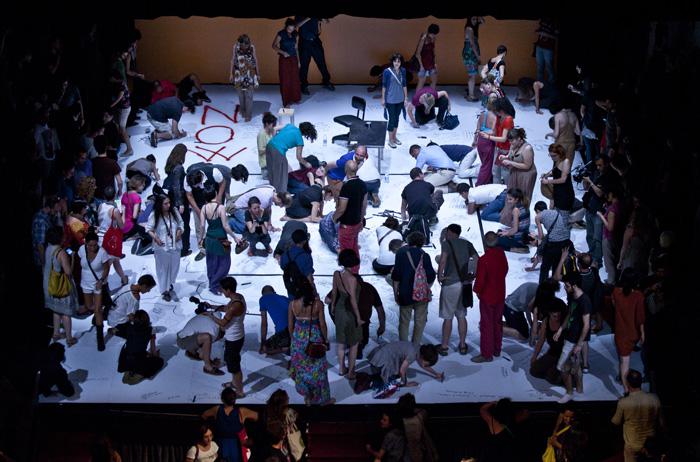
Petition signed by
Ugo Mattei, Professor, The University of California, Hastings and Università di Torino.
Salvatore Settis, Accademia Nazionale dei Lincei.
David Harvey, Author and Distinguished Professor at the Graduate Center of the City University of New York
Slavoj Zizek, international director of the Birkbeck Institute for the Humanities
Étienne Balibar, Distinguished Professor of French & Italian and Comparative Literature at the University of California Irvine.
Michael Hardt, Professor of Political Literature at the European Graduate School in Saas-Fee, Switzerland
Costas Douzinas, Professor of Law, Pro-Vice Master for International Links and Director of the Birkbeck Institute for the Humanities
Peter Weibel, CEO ZKM | Center for Arts and media
Freddy Grunert, Curator, Secretary general SEJF Foundation
Sasa Dobricic, Professor University Nova Gorica (UNG and ETCAEH Program),
Lynn Hershman, Artist and filmmaker, Distinguished Director at The New School, New York
Fabrizio Tamurini PhD, Astrophysicist
Clemens V. Wedermeyer, Artist
David Bollier, Author of “Think Like a commoner”, University of Southern California
Tom Kerns, PhD, Executive Director, Environment and Human Rights Advisory
Sandro Mezzadra, Università di Bologna
Tomaso Montanari, Università degli studi di Napoli Federico II
Penelope Simons, University of Ottawa
Anna Grear, University of Waikato, New Zealand.
Burns H Weston, Bessie Dutton Murray Distinguished Professor of Law Emeritus Senior Scholar & Founder, UI Center for Human Rights (UICHR)
Aled Dilwyn, Norwegian Centre for Human Rights University of Oslo
Upendra Baxi, Emeritus Professor of Law University of Warwick
Donald K. Anton, Professor of Law Chair, The ANU Press Editorial Board (Law)
______________________
Note
Website of Teatro Valle: http://www.teatrovalleoccupato.it
Teatro Valle has been part of the exhibition global aCtIVISm, December 14, 2013 to March 30, 2014
at the ZKM | Karlsruhe
For more information on the exhibition, please visit: www.global-activism.de

